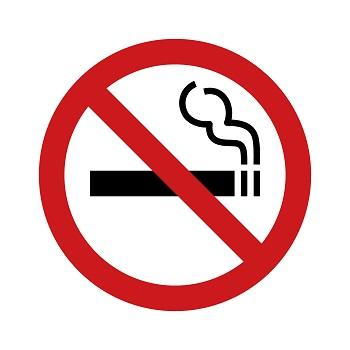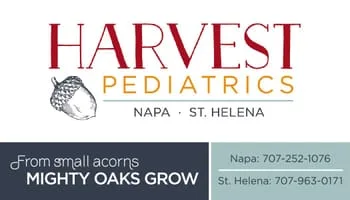Find out how secondhand smoke can negatively impact your child’s health.
Smokers are all around us, and even if we don’t smoke ourselves we will often come in contact with cigarette smoke secondhand. While smoking cigarettes is unsafe for anyone’s health, it’s been determined that secondhand smoke can also pose some rather scary risks. In fact, secondhand smoke contains over 7,000 chemicals, hundreds of which are toxic and about 70 of which cause cancer. So what exactly is the effect that secondhand smoke has on children and how harmful is it really?
for anyone’s health, it’s been determined that secondhand smoke can also pose some rather scary risks. In fact, secondhand smoke contains over 7,000 chemicals, hundreds of which are toxic and about 70 of which cause cancer. So what exactly is the effect that secondhand smoke has on children and how harmful is it really?
Exposure to Secondhand Smoke
To put it bluntly, there is no safe level of exposure to secondhand smoke. In fact, it can cause a multitude of health issues for both children and infants:
- An increase in the frequency and severity of asthma attacks
- Respiratory infections
- Ear infections
- Sudden Infant Death Syndrome (SIDS)
Also, more than 1,000 infants die each year due to smoking during pregnancy.
SIDS and Secondhand Smoke
SIDS is the sudden and unexpected death of an infant within the first year of its life. This is the number one cause of death in healthy children and secondhand smoke increases this risk. This means that mothers who continue to smoke during pregnancy and smoke around their infants put their children at an increased risk for SIDS. How? Because the chemicals in smoke affect the infant’s brain, changing how your little one regulates its breathing. Parents can protect their children from SIDS by following these three simple rules:
- Don’t smoke while pregnant
- Don’t smoke in the home or around your infant
- Always but your baby down on its back to sleep
Secondhand Smoke and Children
While it’s clear that secondhand smoke impacts the health of infants, it also poses harm to a child’s health, as well. Studies have found that children who have parents who smoke get sick more often. Their lungs are also less developed than children of non-smoking parents, and they are more likely to develop bronchitis and pneumonia. If your child has asthma, the secondhand smoke can also trigger severe and more frequent attacks.
How do you protect your child from secondhand smoke?
For more information on the effects of smoke on your child, talk to your pediatrician. They can explain the risks in more detail, and perhaps even offer resources on how you or your family members can quit smoking.
- Do not smoke or allow anyone else to smoke in or near your home
- Do not smoke in your car
- Ensure that daycare centers don’t allow smoking
- If smoking is still allowed in public areas where you live, be sure to avoid these locations and look for smoke-free options instead
For more information on the effects of smoke on your child, talk to your pediatrician. They can explain the risks in more detail, and perhaps even offer resources on how you or your family members can quit smoking.
